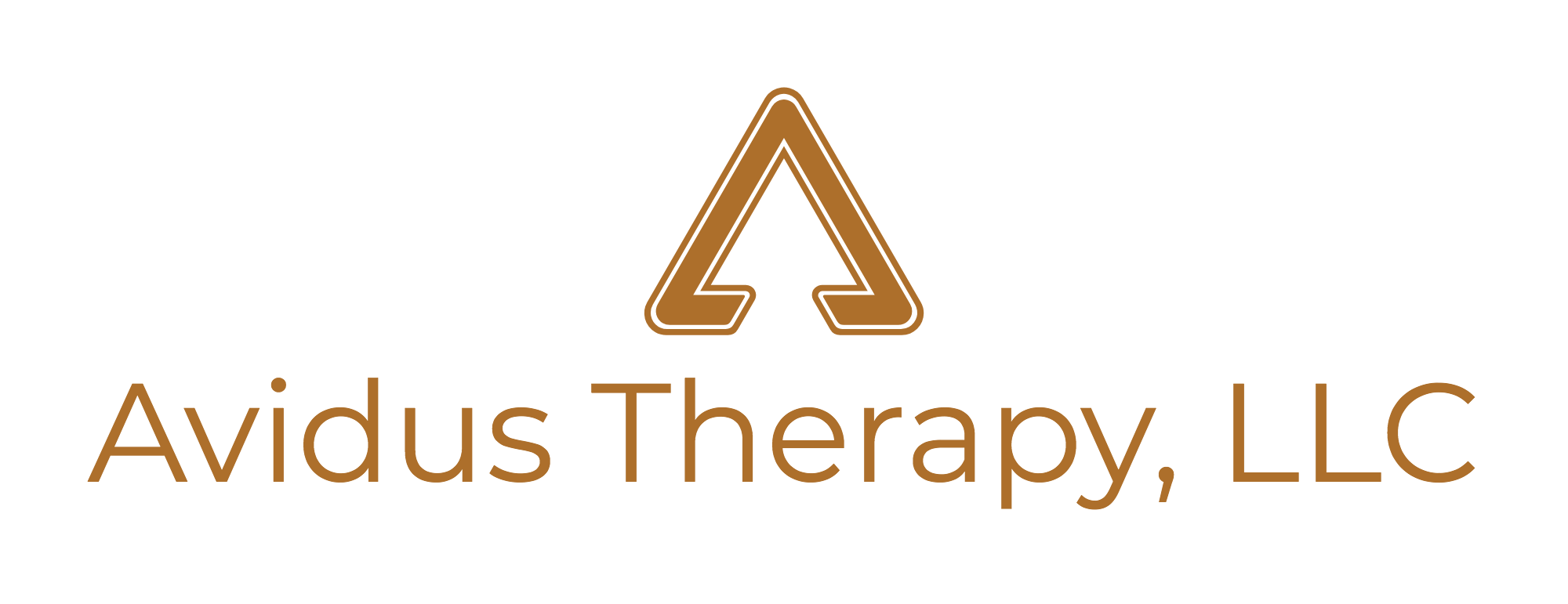What is Anxiety?
Simply stated, anxiety is the biological response to a perceived threat. If you start to look at Anxiety in this context, what becomes clear is that the emotional, mental, and physical symptoms of Anxiety are part of a mechanism within our biological makeup that reacts to our environment in order to keep us safe. Because of this, it can be said that not all Anxiety is bad. Like any other emotional response, Anxiety gives us a message. It tells us that there is something harmful in our path, and we need to be aware of it.
The problem with Anxiety responses is that the perceived danger may be no danger at all. The part of our brain that regulates this response, most of the time, cannot be rationalized with, and we are left with the surge of stress hormones coursing through our bodies that perpetuate this response. What can be dealt with, however, is how we shape our thinking and habitual and instinctual reactions to life and those around us.
How is Anxiety Treated?
Treatment for Anxiety, chronic stress, excessive worry, and similar conditions can vary from person to person. The treatment approach that I primarily use when helping someone with their Anxiety is and evidenced-based approach called Cognitive Behavioral Therapy. This approach takes a deep look at thought processes, emotions, habitual thinking patterns, and core beliefs in order to formulate a workable approach to dealing with stressors and your own mental and behavioral responses. It is an effective approach backed up by scientific studies in its use in treatment of many mental health struggles.
How Long Does Treatment Last?
This largely depends on a few factors. One is the severity of symptoms. More severe symptoms typically take some more time to address. Another factor is readiness for change. Therapy is a process for discovery and change. Change happens at different rates for different people. Depending on the work you are willing to put in, and how much change you are capable of making and at what rate will often impact the length of treatment. Another factor is other medical conditions or mental health struggles. Anxiety most often does not occur on its own. Most clients I work with are addressing not only struggles with Anxiety, but also things like depression or a medical condition.
The short answer to this question is that it could take anywhere from a few sessions to a few months or longer, depending on the factors involved. Everyone is different in their circumstances, and I take a person-centered approach when working with my clients. This means that I will sit down with you to create a treatment plan from the beginning, and work with you at your pace, on your goals, on your terms. While I may challenge you at times, and some sessions will be harder than others, I believe that the progress made will be well worth the effort and time it takes, and I’m confident you will agree.
How do I start Therapy?
The first step is to contact me to schedule an initial session. I’m typically able to schedule an initial session within the week you first reach out. Once scheduled, I will set you up in my client portal where you’ll be able to complete any paperwork ahead of time electronically so that we can jump right in on our first session. I always recommend giving any new Therapist about 3 sessions to see if they are a good fit for you. This will allow us to get to know each other a bit. Over the first few sessions we’ll establish a working relationship and a baseline to start the work from, and I will help you develop some goals to work toward in your treatment plan.
Click below to schedule an appointment today.

